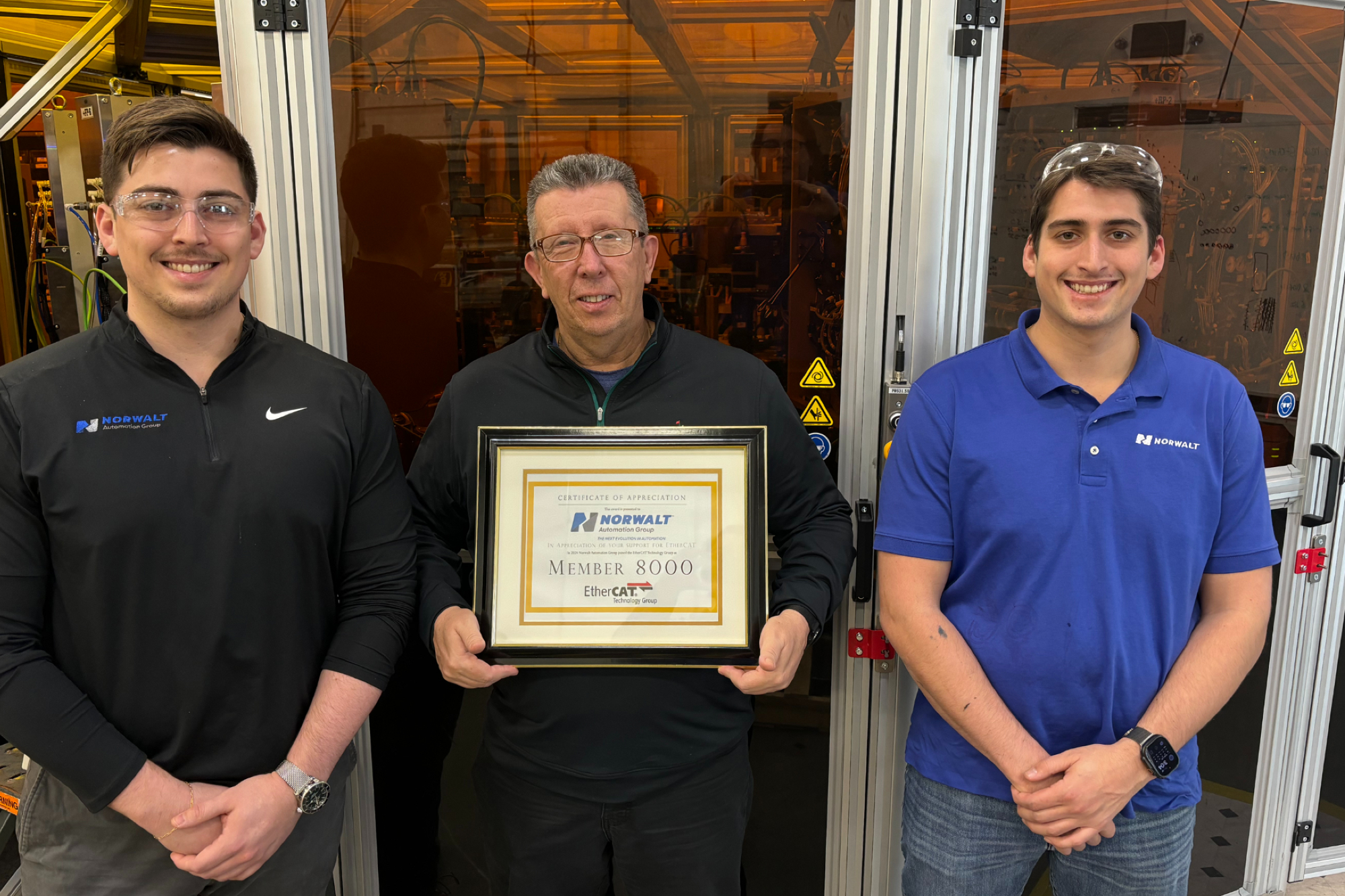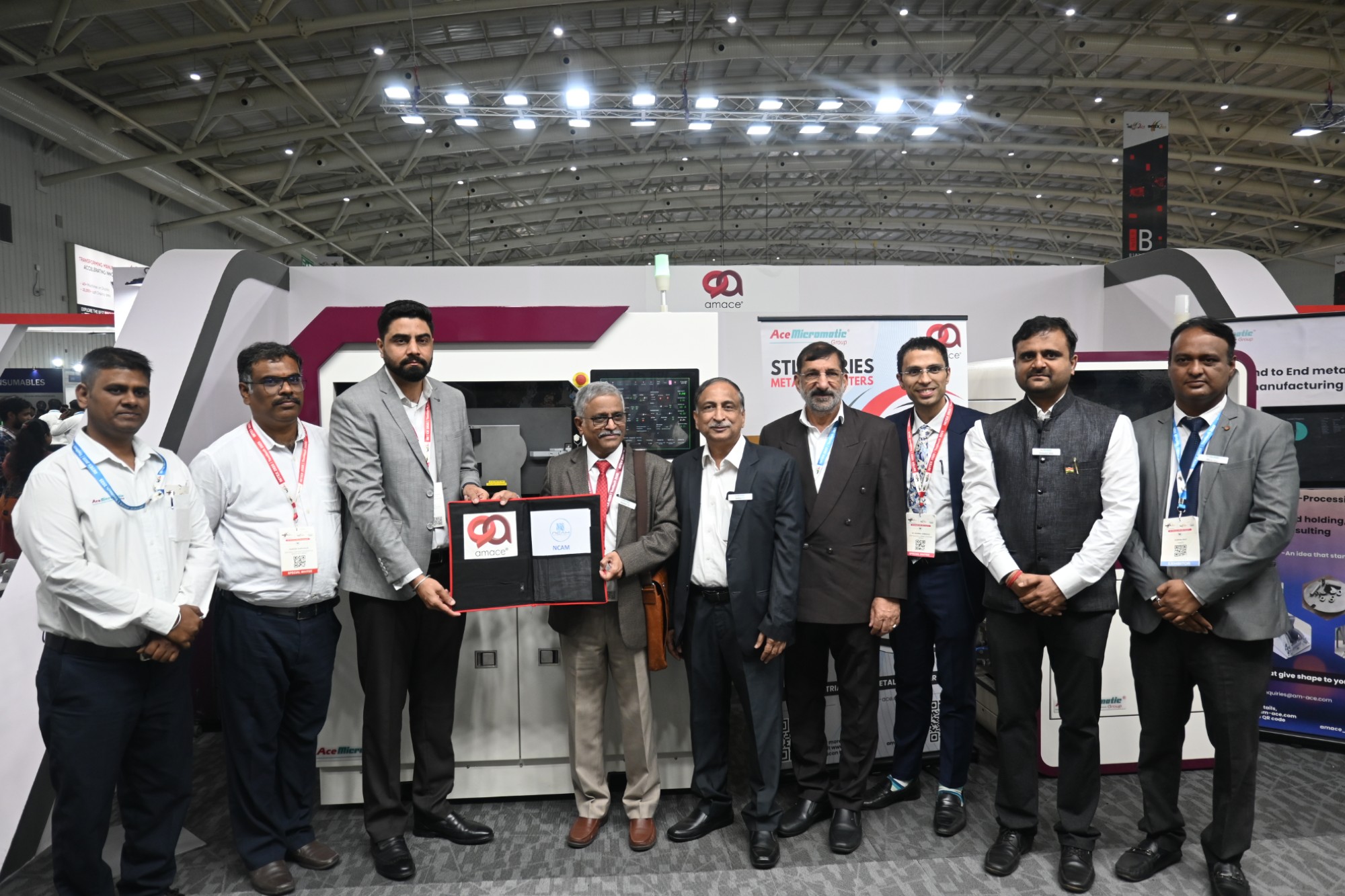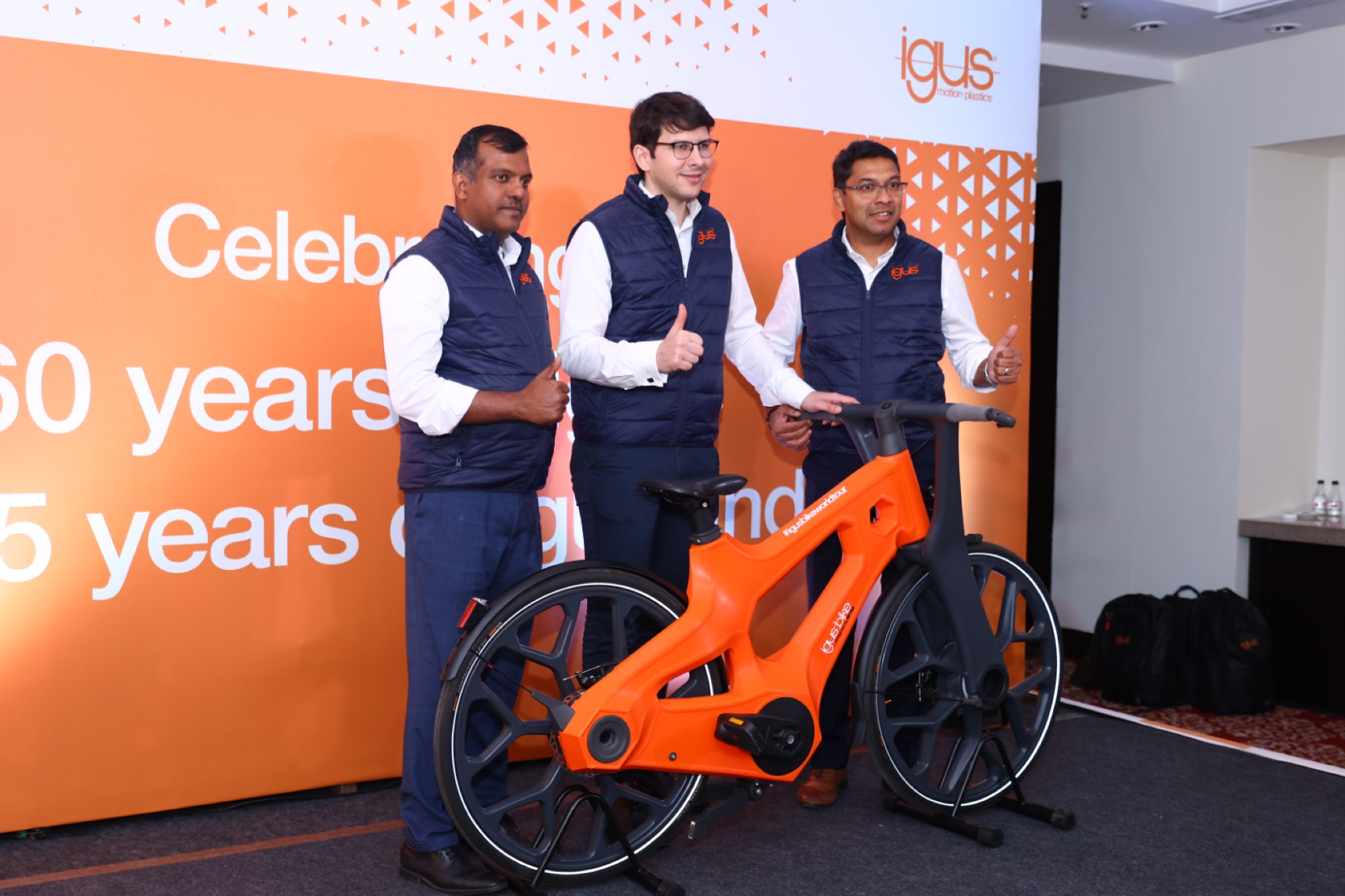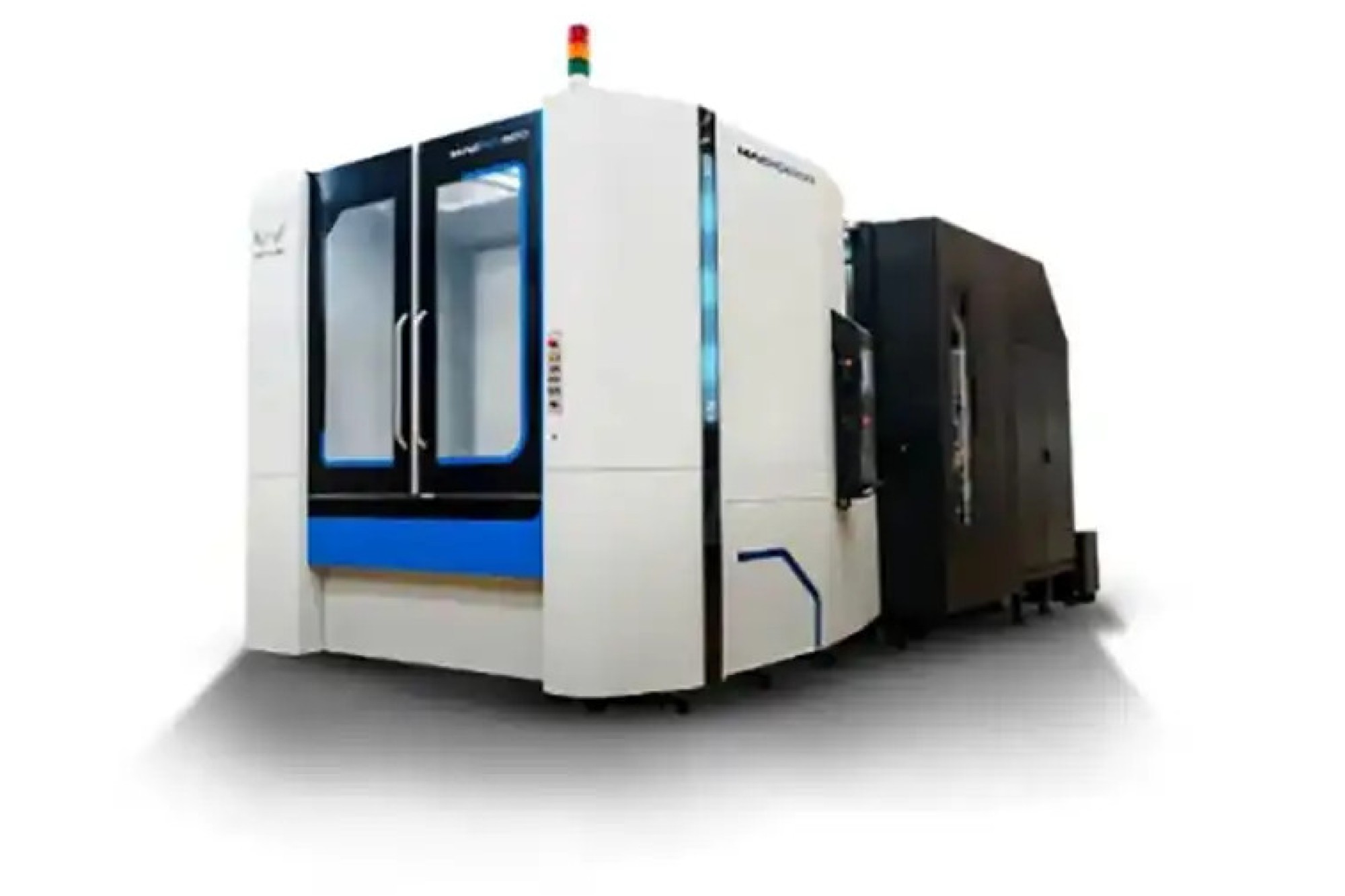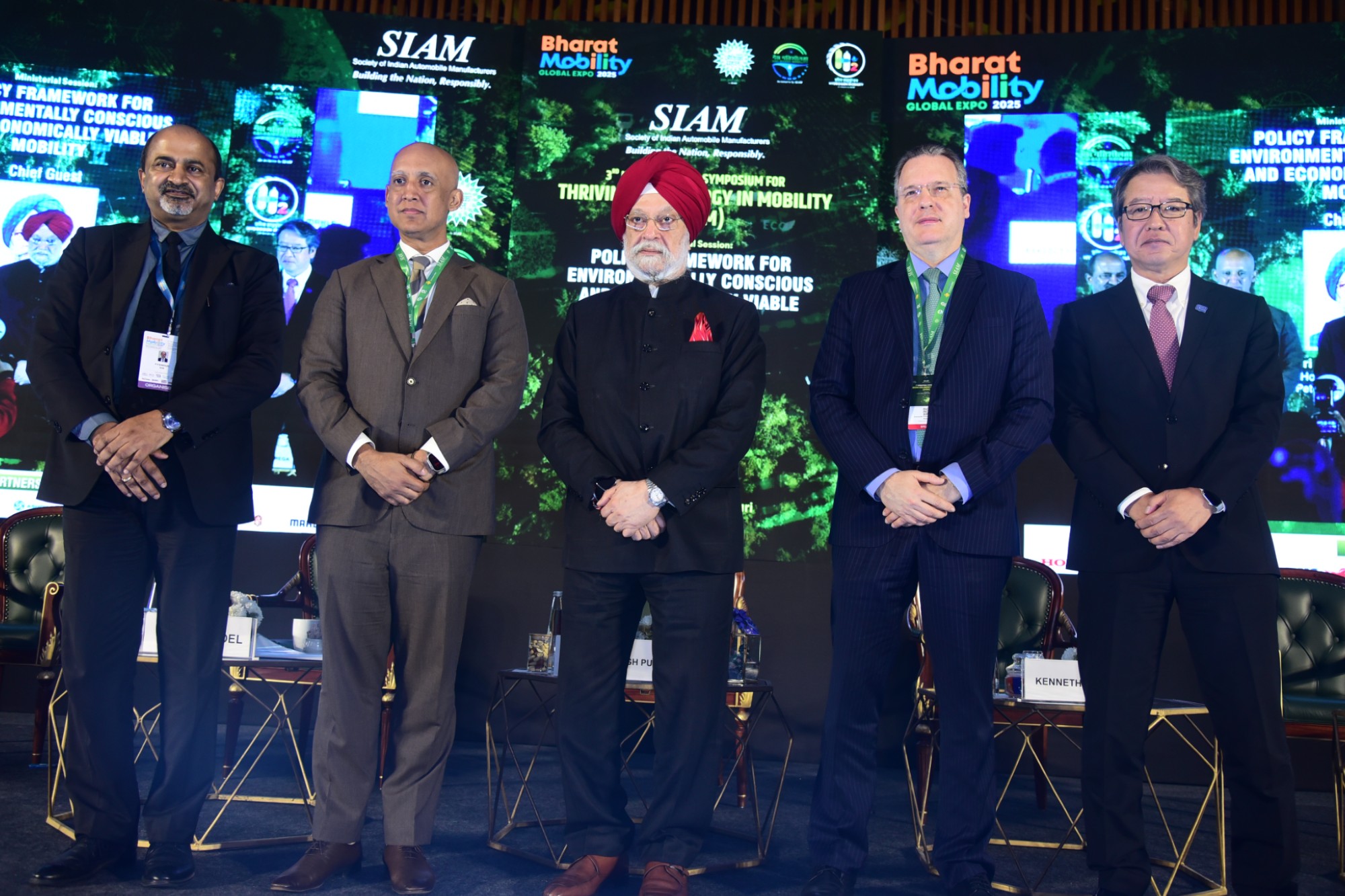India extends semiconductor mission, adjusts incentives in Phase II
By Staff Report September 9, 2024 1:53 pm IST
India’s Semiconductor Mission Phase-II extends fiscal support to eight years, with revised incentives and additional project grants.
India’s Semiconductor Mission (ISM) is likely to receive an extended fiscal support period in its second phase, expanding from the current five years to eight years, according to sources familiar with the matter. This extension may come with adjustments to the incentive structure. The existing 50% incentive for outsourced assembly, testing, marking, and packaging (ATMP) units could be reduced to less than 30%, as per officials.
Additionally, projects approved under ISM Phase-II could benefit from extra grants for employee skill training, interest-free loans, and government support in procuring domestically produced chips, a senior government official disclosed. The official added that lessons learned from Phase I, along with feedback from industry experts, are being incorporated into the new phase.
In the upcoming phase, financial incentives are expected to be reallocated. The IT ministry is planning to reduce support for chip packaging units and instead focus on attracting more chip fabrication companies to India. The financial backing for setting up necessary infrastructure such as gases, chemicals, and metals might be between 30-35% of capital expenditure.
ET previously reported that the ISM could see a fresh budgetary allocation of up to $10 billion to fund the second phase. The first phase, which approved $11 billion for five semiconductor projects, has nearly exhausted its budget. Among the approved projects are a Tata Group-Powerchip Semiconductor Manufacturing Corp chip fabrication facility in Gujarat and four packaging units, including three in Gujarat and one in Assam.Recently, a Maharashtra cabinet panel greenlighted a $10 billion proposal for a Tower Semiconductor-Adani Group joint venture to build a semiconductor chip manufacturing unit in Taloja, Panvel. This facility will start with a production capacity of 40,000 wafers per month (WSPM), with plans to double that output in the second phase. If approved, this project will be India’s second chip manufacturing plant.
In addition, the government has approved a Rs 3,307 crore proposal for an outsourced assembly and testing unit by Kaynes Semicon, to be established in Sanand, Gujarat. The facility is projected to produce 6.3 million chips daily.
(Adapted from an article in The Economic Times).
Cookie Consent
We use cookies to personalize your experience. By continuing to visit this website you agree to our Terms & Conditions, Privacy Policy and Cookie Policy.





